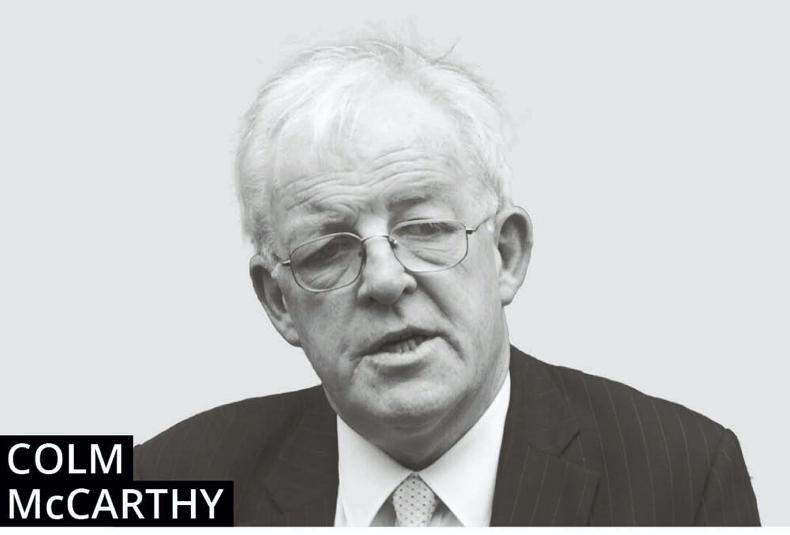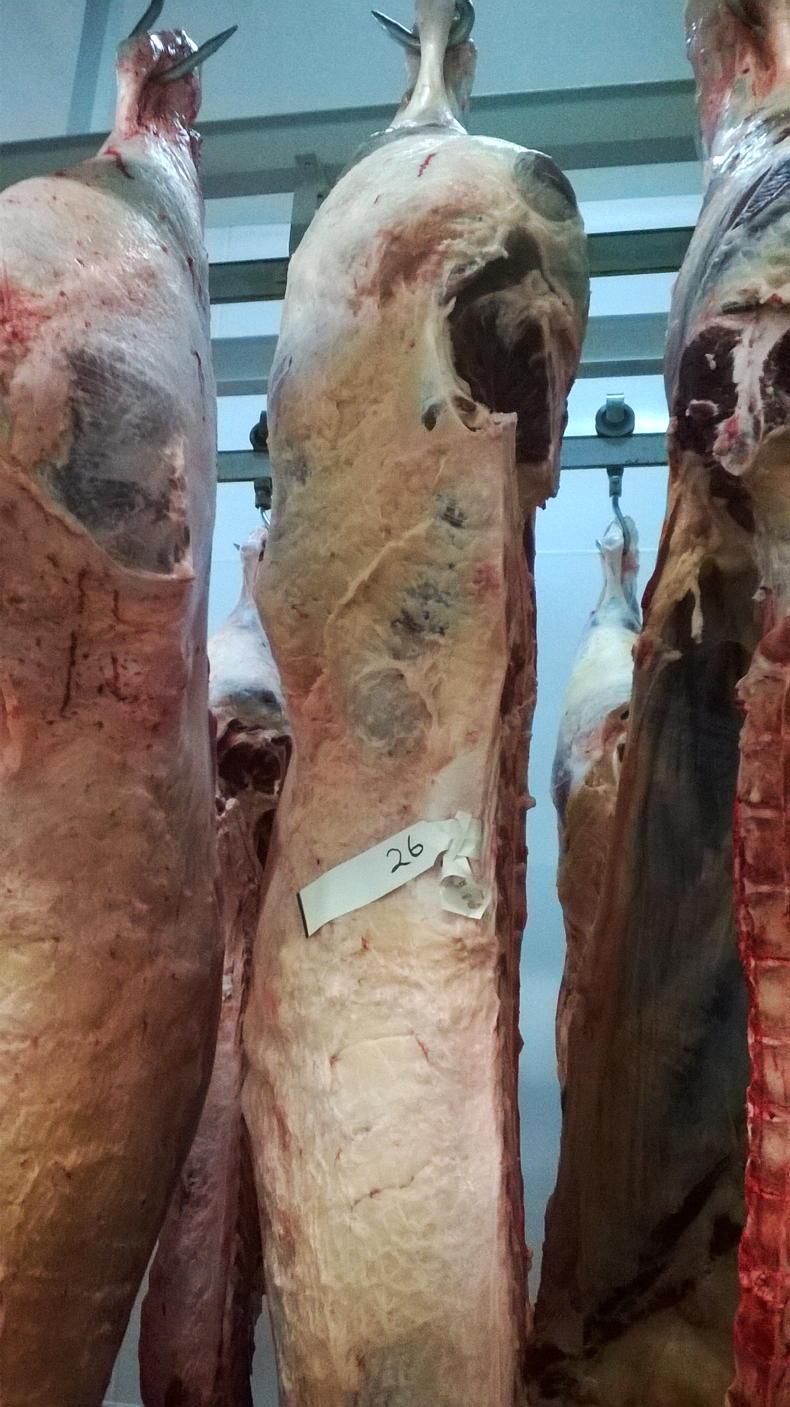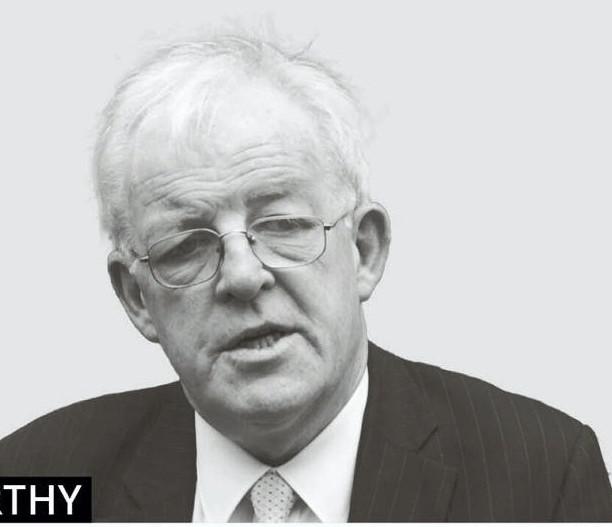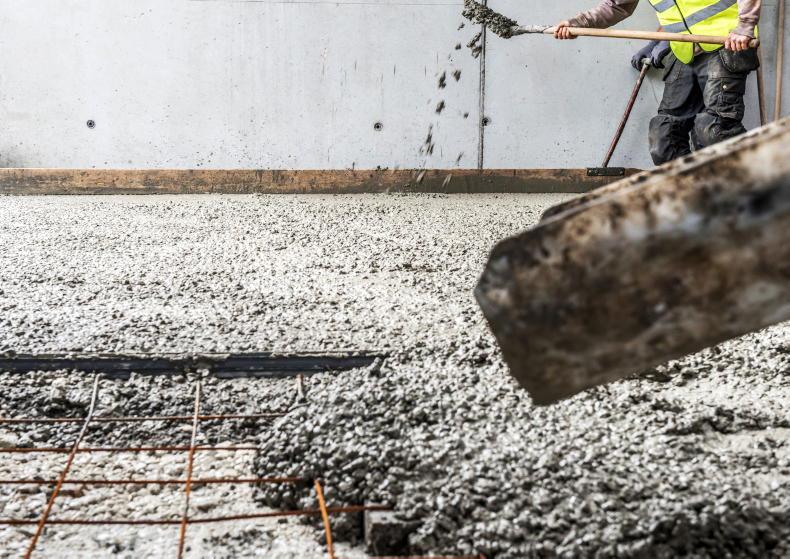Investors in bitcoin and other cryptocurrencies have been burned badly in recent months – prices have collapsed.
There are reports around the world of new scams, fraudulent exchanges, investor accounts being hacked and the assets disappearing into thin air. Or to somewhere in Russia or central Asia.
In Ireland, there have been press revelations about a fake crypto-charity, unknown to the regulator with whom all legitimate charities must be registered.
Meetings are being held urging people to invest in crypto with some of the profits, deemed to be inevitable, passed along to house the homeless and to improve the distribution of food.
If anybody believes this stuff, they deserve to lose their money, as they assuredly will. It is reported that the charities regulator is investigating.
As the Irish property bubble ran out of puff, around 2006, there appeared in Templemore, on the N62 between Roscrea and Thurles, a huge advertising banner that covered the entire wall of a building, inviting enquiries for property investments at bargain prices.
The new developments were a long way from Tipperary – in Bulgaria. The subtext was clear: even if you were not lucky enough to buy property 10 years earlier, there was no need to feel you had missed out.
The same mug psychology which enticed people to buy Bulgarian property, some of which was never constructed, has been mobilised to interest people in bitcoin while the smart money bails out.
Numerous cryptocurrencies have been created, failed to take off and are now worthless, but it is also true that several, including bitcoin, are now trading at prices well ahead of the levels that prevailed four or five years ago, despite a 50% fall in US dollar terms since the start of the year.
A bitcoin is worth whatever the next guy is prepared to pay for it, since it is not a currency and has no practical utility as a means of payment for goods and services
Unfortunately you cannot deal, in bitcoin or anything else, at historic prices, any more than you can bet on yesterday’s horse races.
But the news that some lucky people have made money without doing any work is an old reliable in the dodgy end of the investment business and has drawn in the suckers down the ages.
Savings
In the last two years, the COVID-19 restrictions have enabled many households to accumulate extra savings, which moreover yield no interest, and there are rich pickings for chancers.
The Central Bank of Ireland and financial regulators in many countries have warned private investors about the risks of investing in cryptocurrencies, which are entirely speculative ‘assets’, even if there are no frauds and no scams.
A bitcoin is worth whatever the next guy is prepared to pay for it, since it is not a currency and has no practical utility as a means of payment for goods and services.
Nor is it an investment in any everyday sense, since it does not pay interest or dividends – nor is it an investment in a business, since the only business going on is buying and selling bitcoins.
Governments in several countries, including China, have begun to discourage the cryptocurrency craze and the falling price recently is due in part to the expectation that more will follow suit.
Other countries are planning to meet the demand for easier payments and settlements by creating central bank digital currencies – in effect, the public could be able to hold pure transactions balances with the Central Bank and make everyday transfers on mobile phones with lower costs than is currently the case with the commercial bank systems.
The non-legitimate transactions demand for crypto is creating headaches for law enforcement around the world
Whatever legitimate demand there is for crypto would be undermined when these schemes go ahead and the European Central Bank is pushing ahead with plans for a digital euro.
The non-legitimate transactions demand for crypto is creating headaches for law enforcement around the world. Since bitcoin and its competitors can be passed around without trace, crypto is popular with drug cartels, arms traffickers and others not put off by the high transactions costs involved.
There are lots of frauds and scams, including crypto exchanges which have vanished, presumably with saddlebags full of the real-world dollars subscribed by the mugs.
Irish effort
The current Irish effort to market crypto ‘investment’ as an adjunct to an unregistered charity looks like a straightforward Ponzi scheme, according to the Sunday Times. The promoters promise returns of 1% per day. That’s per day note, not per annum. You can invest anything from €300 to €100,000. Compound interest is a wonderful thing, and your $100,000 would be $3.8m after just one year. Then 38 times that figure a year later.
A decade of patience, you could own all the money in the whole world. If you think there should be a law against this kind of thing, there is no need to start a campaign.
There are already laws against misleading financial promotions. For $100,000, you could pick up something decent in Bulgaria.









SHARING OPTIONS